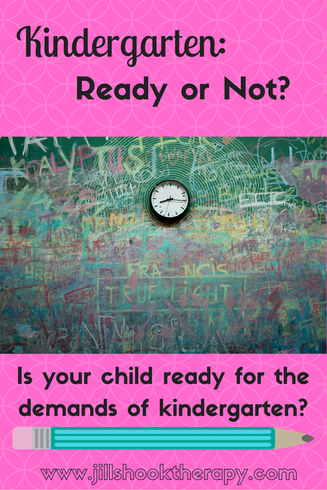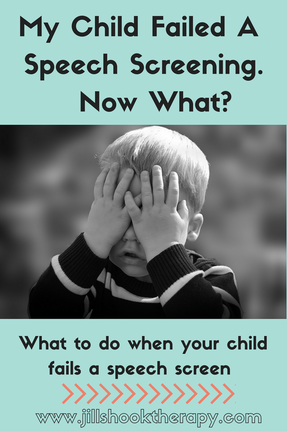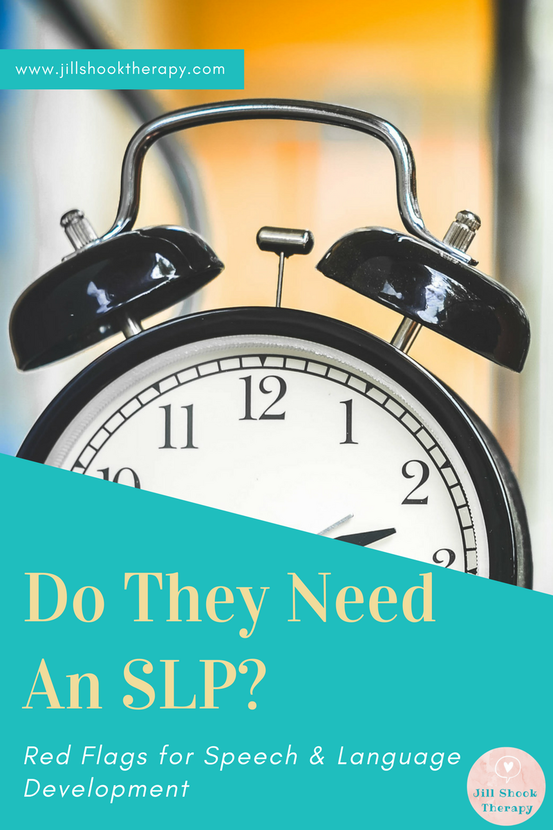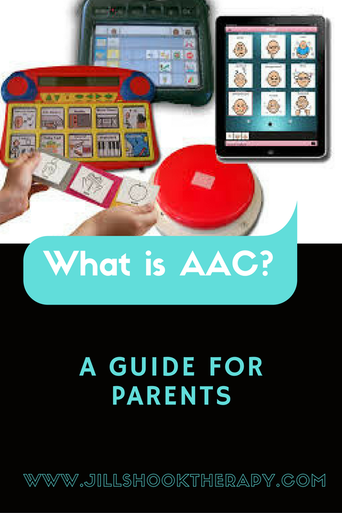|
It's only July, but many parents are already thinking (dreaming? ) about their children going back to school. The districts near me start back the last week of August, which is only 8 weeks away! As a speech therapist, parents often ask me if their preschooler is ready for kindergarten. In my district, children must be 5 years old by September 30th in order to enter Kindergarten each fall. When I was growing up, the cut-off date was in October, but there was more leeway and I was able to start as a 4 year old with a November birthday. My mom said that I nagged her to go to kindergarten, so off I went! Back then, I remember learning some letters, doing a lot of crafts, and finally mastering how to tie my shoes that year, but the expectations for current kindergarten students are much higher.
So school has been in session for a little while. Things are going well- your child is having a good time, you haven't forgotten anyone's lunch, and you've gotten them to school (mostly) on time every day! Then one day your child comes home with a form that says they failed their speech and language screening. It hits you out of the blue- your child isn't doing as well in school as you'd hoped. You have so many questions- Does this mean they are dumb? Did I do something wrong in raising them? Where do I go from here?
Don't worry, I am here to explain the process of speech and language screening in schools. I have worked in schools for many years, and the screening process is similar across most districts.
Back-to-school time: when the smell of new crayons, paper, and books fills the air, and parents and kids are counting down the days (for different reasons). Back-to-school sales are in full swing and kids need the latest and trendiest school supplies. I have worked at least partly in schools for my entire career, so I have never had to miss the thrill of excitement I get from shopping for new pens, paper, and other school supplies. As each year gets in to gear, however, I have noticed that a lot of kiddos start the year thinking they have everything they need for school, but end up needing my speech services as the year progresses. According to ASHA, speech and language impairments can negatively affect child's school work in the following ways:
If you follow my Facebook page, you have probably seen a lot of links that have to do with AAC. You may be wondering, "What is AAC? Is she just saying the ABC's wrong?" Well, AAC stands for Augmentative and Alternative Communication. According to ASHA, it " includes all forms of communication (other than oral speech) that are used to express thoughts, needs, wants, and ideas. We all use AAC when we make facial expressions or gestures, use symbols or pictures, or write." So, AAC is basically using any method other than speaking to communicate. If you sent a text today, you used AAC!
|
About MEI'm Jill! I love to create and blog about fun, evidence-based resources that make the lives of parents and busy SLPs easier.
�
Archives
February 2018
Categories
All
|





 RSS Feed
RSS Feed